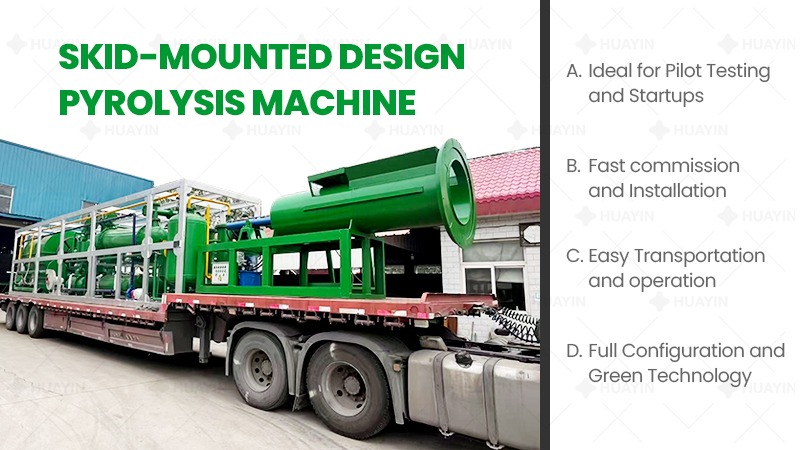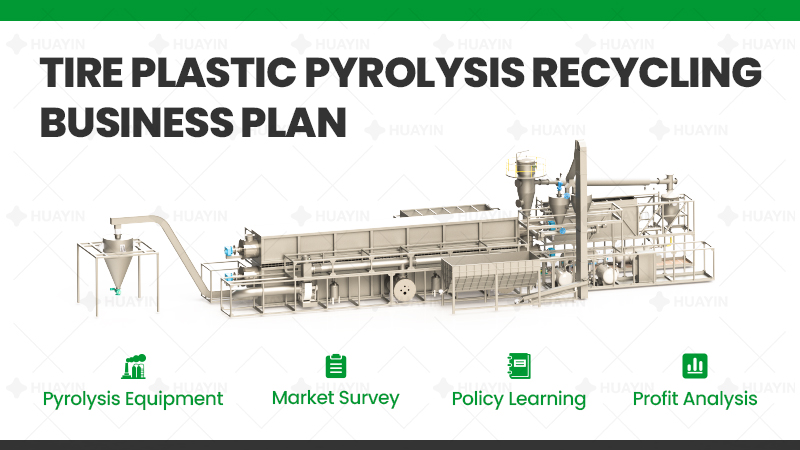With the increasing “black pollution” of waste tires year by year, the world is paying more and more attention to the green treatment technology of waste tire recycling. As one of the cutting-edge technologies of polymer energy research in the world, pyrolysis technology also represents an important direction for recycling waste tires today.
Pyrolysis technology can convert waste tires into high value-added energy products such as pyrolysis oil, carbon black, and steel wire in a continuous process and factory production. It has the characteristics of large amount of waste tire treatment, high efficiency and no secondary pollution, and is more in line with the principles of recycling, harmlessness and reduction of waste tires.
So, what are the applications of pyrolysis oil as one of the products?
Directly as fuel
Tire pyrolysis oil has a low viscosity, high calorific value, high content of light distillates and relatively low content of heavy distillates, which are all advantages of its use as a fuel.
Applications of Light Distillates
Regarding the use of pyrolysis oil light distillate, it is generally added to petroleum naphtha in a certain proportion for mixing and refining to improve the octane number of gasoline products or extract widely used and high industrial value raw materials from it.

Middle Distillate Applications
Preparation of aromatic hydrocarbons
The properties of the pyrolysis oil medium fraction are similar to that of catalytically cracked diesel oil, and the aromatic hydrocarbon content is high, so it can also be used to prepare aromatic hydrocarbon feedstock oil.
Used as rubber filler oil
Used in rubber production, it can increase the elasticity of the rubber and reduce the internal friction between the rubber molecules, so as to facilitate mixing and give the rubber suitable flexibility.
Applications of Heavy Distillates
According to the characteristics of low wax content and high content of aromatics, gums and asphaltenes in the heavy fraction of pyrolysis oil, it has great potential to be used as a raw material for producing road asphalt.
Pyrolysis technology has a wide range of applications. In addition to various waste tires and rubber products, it can also be applied to the thermal cracking of various organic solid wastes such as plastic waste, oil sludge, biomass, waste mineral oil, and coal tar residue. With the awakening of human environmental awareness, the development of pyrolysis technology and the rational utilization of pyrolysis products have received more and more attention.



